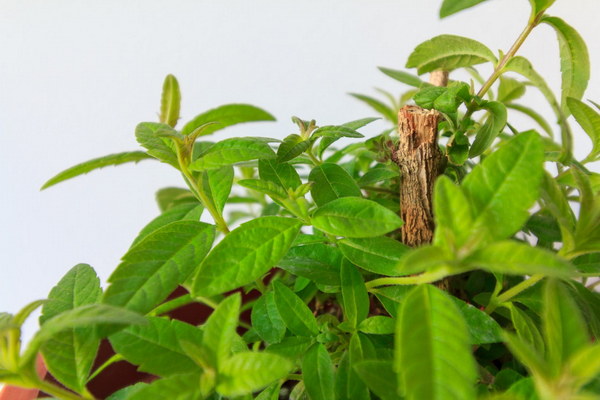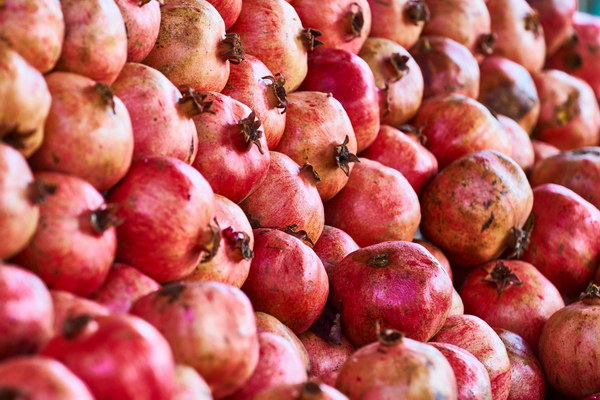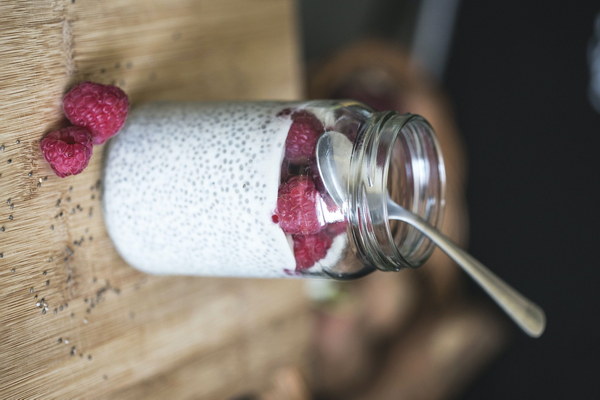Nurturing Your Lungs A Guide to Traditional Chinese Herbs for Respiratory Health
In the realm of traditional Chinese medicine (TCM), the lungs play a vital role in maintaining overall health and well-being. The lungs are considered the reservoir of Qi and are crucial for the distribution of oxygen and removal of carbon dioxide. To ensure optimal lung function, TCM offers a variety of herbal remedies that can help nourish and strengthen the respiratory system. Here is a comprehensive guide to some of the most popular Chinese herbs for lung health.
1. Ginseng (Panax ginseng)

Ginseng is a well-known herb in TCM, renowned for its immune-boosting properties. It can help strengthen the lungs and improve respiratory function, making it an excellent choice for individuals suffering from chronic respiratory conditions such as asthma, bronchitis, or chronic obstructive pulmonary disease (COPD). Additionally, ginseng may help reduce inflammation and improve energy levels.
2. Astragalus (Astragalus membranaceus)
Astragalus is another immune-boosting herb that can be beneficial for lung health. It is often used in combination with other herbs to treat respiratory infections, allergies, and chronic respiratory diseases. Astragalus helps to strengthen the immune system, boost lung function, and improve overall respiratory health.
3. Codonopsis (Codonopsis pilosula)
Codonopsis is a versatile herb that can be used to strengthen the lungs and boost the immune system. It is often used in conjunction with other TCM herbs to treat a range of respiratory conditions, including colds, flu, bronchitis, and asthma. Codonopsis is believed to help improve lung function, reduce inflammation, and enhance respiratory health.
4. Licorice root (Glycyrrhiza uralensis)
Licorice root is a commonly used herb in TCM for its ability to soothe and protect the respiratory tract. It is often included in herbal formulas to treat coughs, sore throat, and other respiratory issues. Licorice root has anti-inflammatory properties and may help reduce coughing, improve lung function, and alleviate symptoms of respiratory infections.
5. Elderberry (Sambucus nigra)
Elderberry is a popular herb in TCM for its immune-boosting and anti-inflammatory properties. It can be used to treat respiratory infections, including the common cold and flu, as well as chronic respiratory conditions. Elderberry is believed to help reduce inflammation in the lungs, boost the immune system, and improve overall respiratory health.
6. Mulberry (Morus alba)
Mulberry is a versatile herb that can be used to nourish and strengthen the lungs. It is often used in TCM to treat coughs, bronchitis, and asthma. Mulberry is believed to help reduce inflammation, improve lung function, and enhance respiratory health.
7. Fleeceflower (Siler root, Siler vulgaris)
Fleeceflower is a traditional Chinese herb that has been used to treat respiratory conditions for centuries. It is known for its ability to relieve cough, reduce phlegm, and improve lung function. Fleeceflower is often included in herbal formulas to treat chronic bronchitis, asthma, and other respiratory diseases.
It is essential to note that while these herbs can be beneficial for lung health, they should be used under the guidance of a qualified TCM practitioner. TCM is a holistic approach to health, and personalized treatment plans are essential for achieving the best results. Furthermore, some herbs may interact with other medications or have contraindications for certain health conditions. Always consult with a healthcare professional before starting any new treatment.
In conclusion, traditional Chinese herbs can play a significant role in maintaining and improving lung health. By incorporating these natural remedies into a well-rounded health regimen, individuals can support their respiratory system and enjoy better overall well-being.









